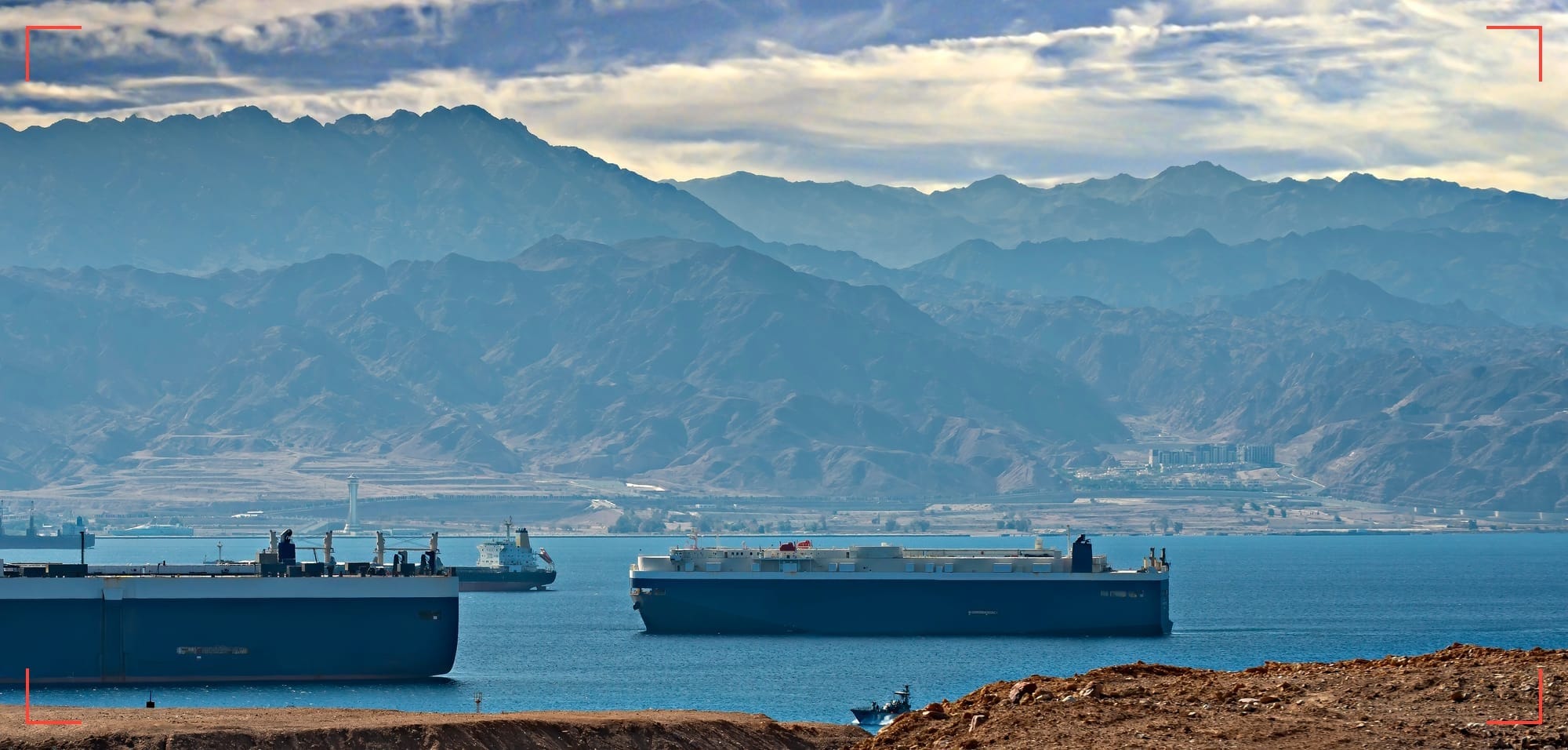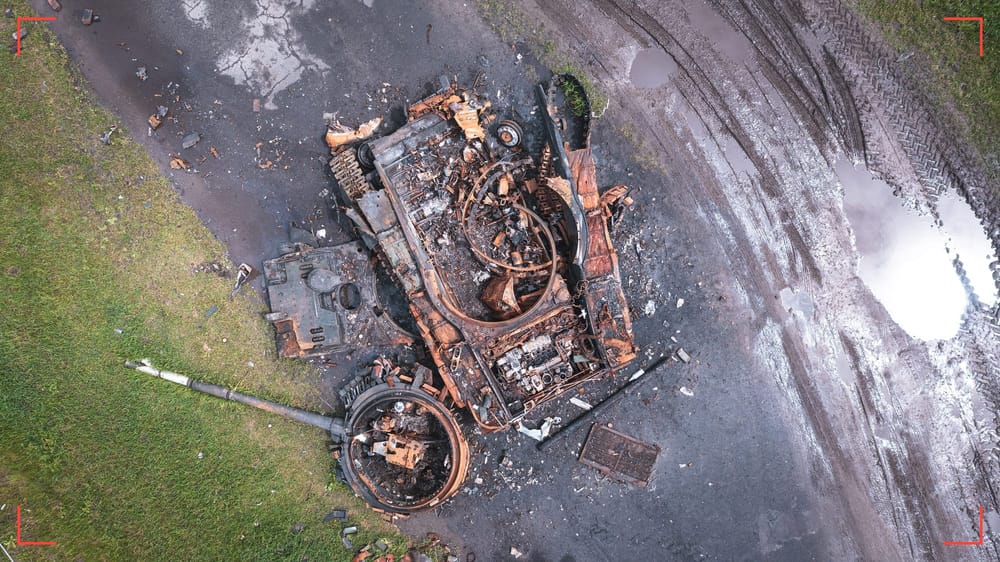Houthi Attacks in the Red Sea SpecialREPORT
Disrupted Waters: Houthi Attacks and the Red Sea Supply Chain Crisis

Report Details
Initial Publish Date
Last Updated: 30 MAY 2025
Report Focus Location: MENA
Authors: AA, SO
Contributors: GSAT
GSAT Lead: MF
RileySENTINEL provides timely intelligence and in-depth analysis for complex environments. Our global team blends international reach with local expertise, offering unique insights to navigate challenging operations. For custom insights or urgent consultations, contact us here.
Key Findings
- The conclusion of Operation Rough Rider and the announcement of a truce between Washington and Ansar Allah have brought a measure of calm to the Red Sea.
- However, doubts remain over the truce’s durability, given differing interpretations of its terms by Washington and Ansar Allah.
- Crucially, the agreement does not extend to Israel, which continues to exchange fire with Ansar Allah, undermining regional security and raising the risk of commercial vessels being caught in the crossfire.
- Despite the instability, global logistics firms anticipate a 4% increase in container volumes in 2025. Egypt is also offering incentives to restore shipping through the Suez Canal.
- However, any sustained recovery depends on long-term stability—an unlikely prospect for now. Elevated shipping and insurance costs are expected to persist, compounding Europe’s ongoing cost-of-living crisis.
- Amid continued uncertainty, alternative shipping corridors such as Iraq’s proposed ‘Development Road’ are likely to attract increased attention.
- Shipping companies operating in the Red Sea should maintain maximum caution and establish contingency routes to manage potential flare-ups.
- Robust crisis communications protocols should also be implemented to enable swift responses to emerging threats.
Summary
On May 6, 2025, the United States declared an end to its operations against the Ansar Allah faction in Yemen, claiming the group, responsible for crippling Red Sea shipping through drone attacks and hijackings, had “capitulated” and agreed to halt its assaults.
While this brought some calm to the region, several unresolved issues cast doubt over the durability of the truce. Washington and Ansar Allah appear to have differing interpretations of the deal, which reportedly applies only to U.S.-flagged or U.S.-bound vessels. It has not stopped hostilities between Ansar Allah and Israel, who continue to exchange fire.
The group also has a record of misidentifying vessels, including those linked to Russia and China, meaning non-Israeli ships remain at risk.
As a result, despite Egypt’s incentives to restore Suez Canal traffic, many shipping firms are likely to continue rerouting vessels via the Cape of Good Hope, adding time and cost. With no resolution in sight and sporadic conflict ongoing, insurance premiums are likely to stay elevated, further discouraging Red Sea trade.
This situation is likely to continue affecting economies reliant on the Suez Canal, including Europe and Egypt, both of which are already under fiscal pressure.
Remaining content is for members only.
Please become a free member to unlock this article and more content.
Subscribe Now






